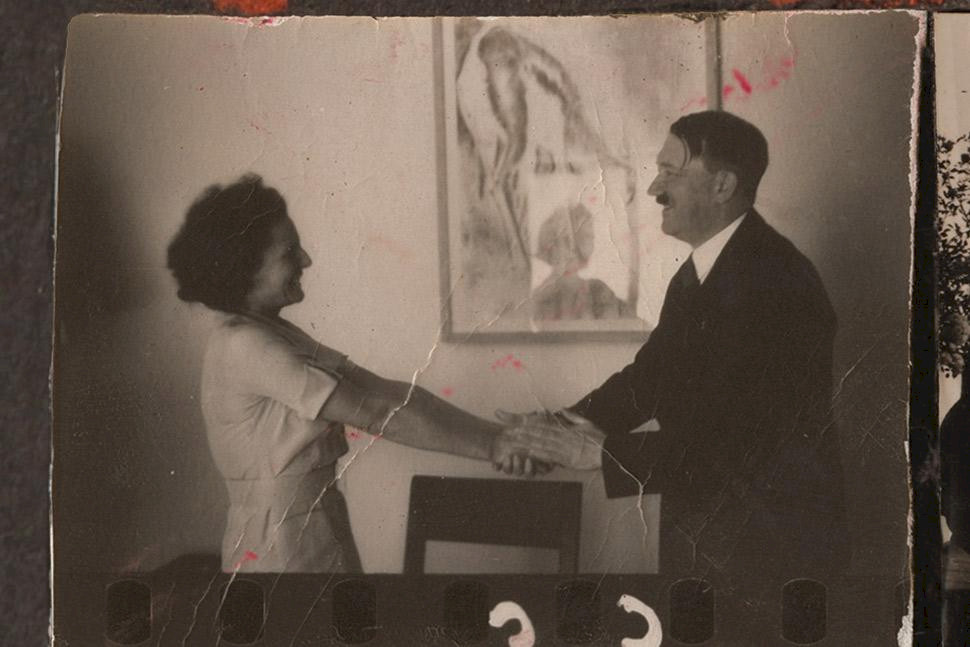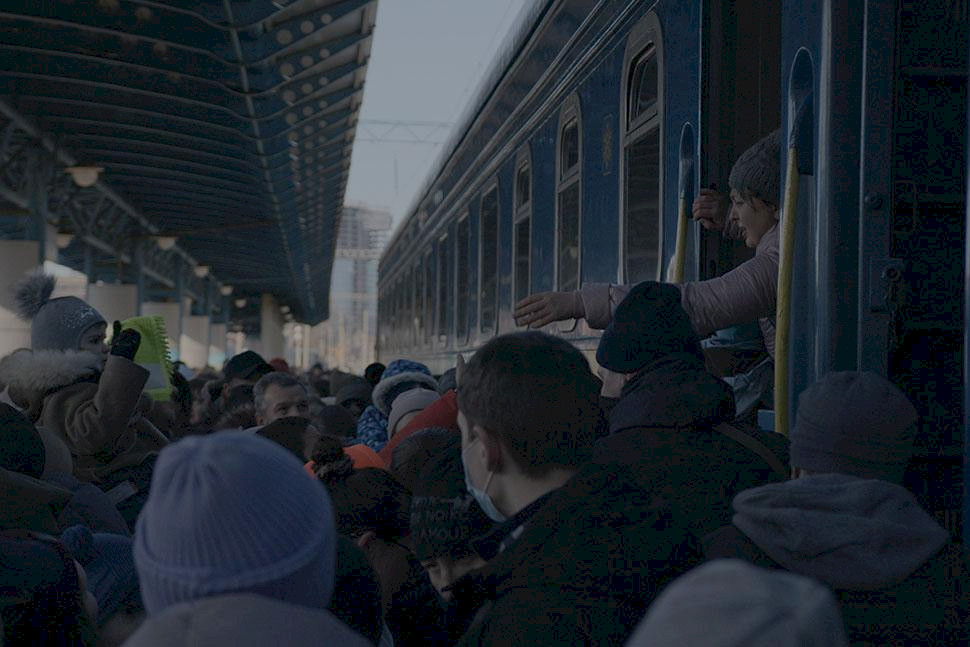The Venice Film Festival has begun, during which the programmers of Millennium Docs Against Gravity are searching for the best documentaries. Two have already been selected for the 22nd MDAG program, which will take place from May 9 to 18, 2025, in cinemas and from May 20 to June 2 online at mdag.pl! These are stories about Leni Riefenstahl and a perspective on the war in Ukraine.
We are taking a closer look at them and will soon share information about more titles from Venice that the Polish audience will see for the first time in May!
"Riefenstahl” by Andres Veiel

Leni Riefenstahl is considered one of the most controversial figures of the twentieth century. Her films Triumph des Willens (Triumph of the Will) and Olympia epitomise perfectly staged body worship and the celebration of the superior and victorious. At the same time, these images project contempt for the imperfect and weak. Riefenstahl’s aesthetics are more prevalent today than ever—but does the same hold true for their underlying message? The film explores this question using documents from Riefenstahl’s estate, including private films, photos, letters, and recordings. It uncovers fragments of her biography and places them within a broader historical context. How could Riefenstahl rise to become the Reich’s leading filmmaker while persistently denying any close ties to Hitler and Goebbels? In personal documents, she laments her “murdered ideals.” Riefenstahl reflects many post-war Germans who, through letters and recorded telephone calls from her estate, yearn for an authoritative figure to restore order to the “shit-hole state”. They believe that this restoration could bring about a renaissance of her work—a possibility that might come to fruition in a generation or two. What if they are right?
"Songs of Slow Burning Earth” by Olha Zhurba

Landscapes, occasional conversations and encounters, and sounds that weave in and out of the frame compose Pisni Zemli, Shcho Povilno Horyt’. Captured in varying proximities to the frontline over two years, the audiovisual diary of Ukraine’s immersion into the abyss of total war traces the subtle changes in Ukrainian society. The ragged chords of panic and horror of the first weeks of the Russian invasion slowly morph into the numb stillness of the acceptance of death and destruction, which eventually becomes the tragic normality for the local population, but just an afterthought for the rest of the world. Against the backdrop of the (meta)physical landscape of collective disaster, a new generation of Ukrainians aspires to imagine the future.



